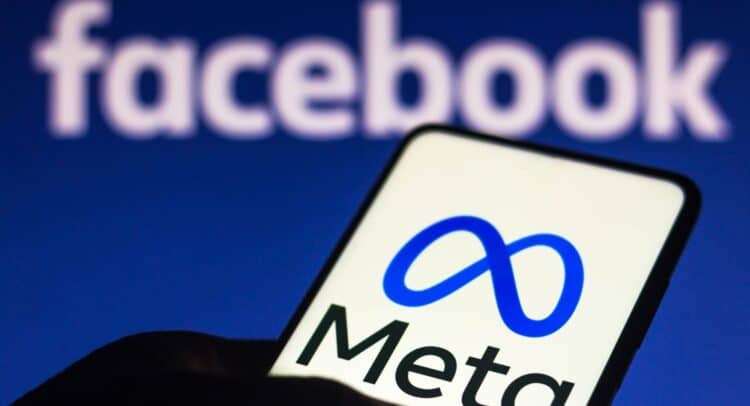Summary
Mark Zuckerberg's letter to Jim Jordan reveals that the Biden administration pressured Meta in 2021 to remove certain COVID-19 posts. Zuckerberg criticized this pressure and highlighted changes in Meta’s content moderation policies, including waiting for fact-checks before acting on misinformation. He also announced that Meta will stop funding local election infrastructure to avoid perceived bias. This response comes amid scrutiny from both political sides ahead of the 2024 election.
In a recent letter to House Judiciary Committee Chairman Jim Jordan, Meta CEO Mark Zuckerberg addressed the controversy surrounding the company’s handling of COVID-19 misinformation. The letter sheds light on the tense relationship between Meta and the Biden administration, as well as the broader challenges social media platforms face when dealing with misinformation.
The Allegations of Government Pressure
According to Zuckerberg, senior officials from the Biden administration “repeatedly pressured” Meta to censor certain COVID-19-related posts, including those containing humor and satire. This pressure was exerted over several months in 2021, with the White House expressing frustration when Meta did not comply with these demands. Zuckerberg characterized this pressure as “wrong,” asserting that it ultimately remained Meta’s decision to determine which content to take down.
Meta’s Evolving Content Moderation Policies
Zuckerberg’s letter also revisited the controversy over Meta’s decision to suppress a 2020 New York Post story about Hunter Biden’s laptop. He admitted that the company had erred in its approach, noting that Meta has since changed its policies. Moving forward, Meta will not demote potentially false content while awaiting fact-checking results. Instead, the company will take action only after the facts have been verified, aiming to balance the need to prevent misinformation with respect for free speech.
Political Implications and 2024 Election
This public disclosure from Zuckerberg comes at a critical time, as Meta faces ongoing scrutiny from Republican lawmakers over its content moderation policies. Figures like Jim Jordan have accused Meta of censoring conservative voices, arguing that the platform’s actions amount to a form of digital censorship. By addressing these concerns head-on, Zuckerberg appears to be positioning Meta as a defender of free speech, ahead of the contentious 2024 presidential election.
However, the decision to ease content moderation could have significant repercussions. Critics worry that by not acting swiftly against potentially false content, Meta may inadvertently allow misinformation to spread more freely, potentially impacting public opinion and voter behavior.
The Broader Debate: Free Speech vs. Misinformation
Zuckerberg’s comments reflect the broader tension between upholding free speech and combating misinformation. While Meta aims to avoid being seen as an arm of government censorship, there are real concerns about the impact of misinformation on public health and democratic processes. The Supreme Court’s recent rulings have reinforced social media platforms’ rights to moderate content, but the debate over the extent of this responsibility continues.
Zuckerberg also announced that Meta would no longer fund local election infrastructure through the Chan Zuckerberg Initiative, a move designed to eliminate any perception of bias or influence over elections. This decision may leave some election bodies without critical funding, but it aligns with Zuckerberg’s stated goal of maintaining neutrality in political matters.
Reactions and Future Outlook
The reaction to Zuckerberg’s letter has been mixed. Some on the right view his statements as a victory for free speech, applauding Meta’s resistance to government pressure. Others, including tech experts and former Meta officials, have expressed concern about the potential for increased misinformation. They argue that while addressing Republican concerns, Meta risks alienating Democrats who believe the platform has not done enough to combat false information.
The future of content moderation remains uncertain as social media companies like Meta navigate these complex issues. Zuckerberg’s commitment to resisting undue pressure from any administration signals a desire to maintain independence, but the challenge of balancing free expression with the prevention of harm continues to be a difficult one.
Conclusion
Mark Zuckerberg’s latest statements highlight the ongoing challenges Meta faces in managing misinformation while upholding free speech. As the 2024 election approaches, the company’s approach to content moderation will be closely watched by both sides of the political spectrum. The decisions Meta makes in the coming months will not only shape its own platform but also set a precedent for how social media companies handle misinformation and government relations in the future.













